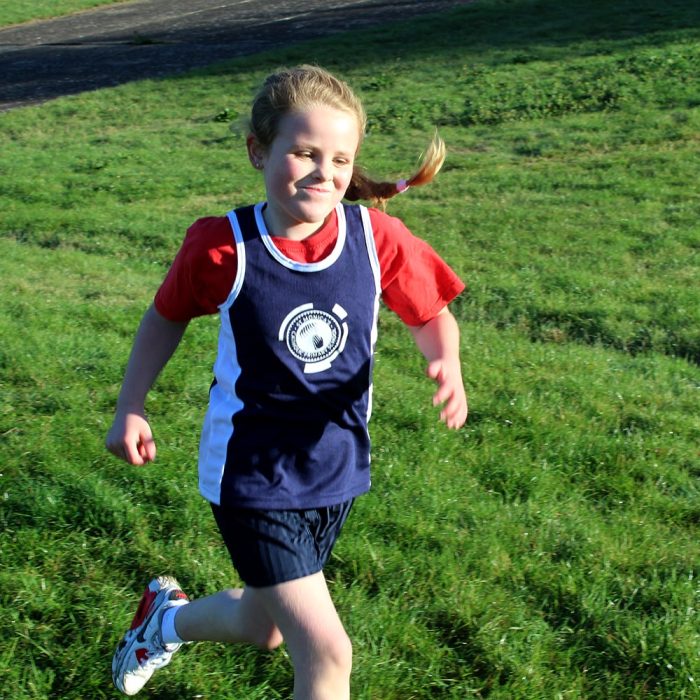At St. Monica’s school our pupils quickly learn how they can influence decision making through democratic processes.
At the start of each academic year, pupils work together to draw up their own set of class rules and expectations.
Our School Council is directly involved in decision making across the school and council members share issues raised with their peers, taking votes on proposed amendments. Our School Council is advised by and takes part in community actions leg by Citizens MK (www.citizenmk.org.uk). The school council is made up of elected pupils from Key Stage 2 classes. They also meet annually with other councils from across the Local Authority, including councillors from other Catholic schools. Outgoing Y6 pupils are actively involved in decision-making in this process. Our Children’s Chaplaincy Team contribute ideas to support the Adult Chaplaincy Team’s efforts. We support a range of charities throughout the year. The Children’s Chaplaincy Team communicate this to their peers. Each class then arranges their own fundraising events, deciding how best to go about it, so all children have a say and feel happy about their charitable efforts.
Pupils’ views are regularly sought via the School Council, class discussion, “Pupil Voice” sessions and questionnaires in order to support the school self-evaluation process and to inform future decisions around development of provision. This is often done through surveys, to evaluate individual thoughts and ideas, as well as those of class groups. To promote equality within the classroom environment, teachers often randomly select pupils to contribute ideas during discussion and to make groupings. Named ‘lolly sticks’ are anonymously drawn, to show that all pupils’ voices are valued and therefore give equal opportunity for all pupils to contribute and work with a broad range of peers.Our pupils recognise their right to positive social interaction and we have several strategies to promote positive playtimes: Our Y6 Restorative Friends, led by Y6 senior members, support the play and social interaction of the younger pupils, providing a wide range of activities each day. They also use Restorative Practice strategies to help resolve conflicts initially, before flagging potential children in need of further support to appropriate adults.
Our Learning Mentor has a weekly special lunch, where nominated pupils join in a small group to share their meal in a pleasant, calm and social environment. To develop social skills in particular groups of pupils, the Learning Mentor uses the ‘Friendship Matters’ programme, allowing children to voice how they feel, when resolving emotional issues and nurturing new friendship circles. Our Treasure Box nurture group works with children on developing social skills, including listening to the views of others and turn-taking.
In times of need, pupils are encouraged to use our school Prayer Room for quiet reflection and prayer at lunchtime. They are also supported in developing their spiritual self, through prayer and quiet contemplation in our Prayer Garden, with adequate adult support.
There are also a range of additional weekly clubs which are run at lunchtime, before school and after school that pupils can sign up to join – eg Minecraft Club, Pokemon Club, Arts & Crafts Club, Homework Club, Choir, Football Club and other assorted sporting clubs etc.
